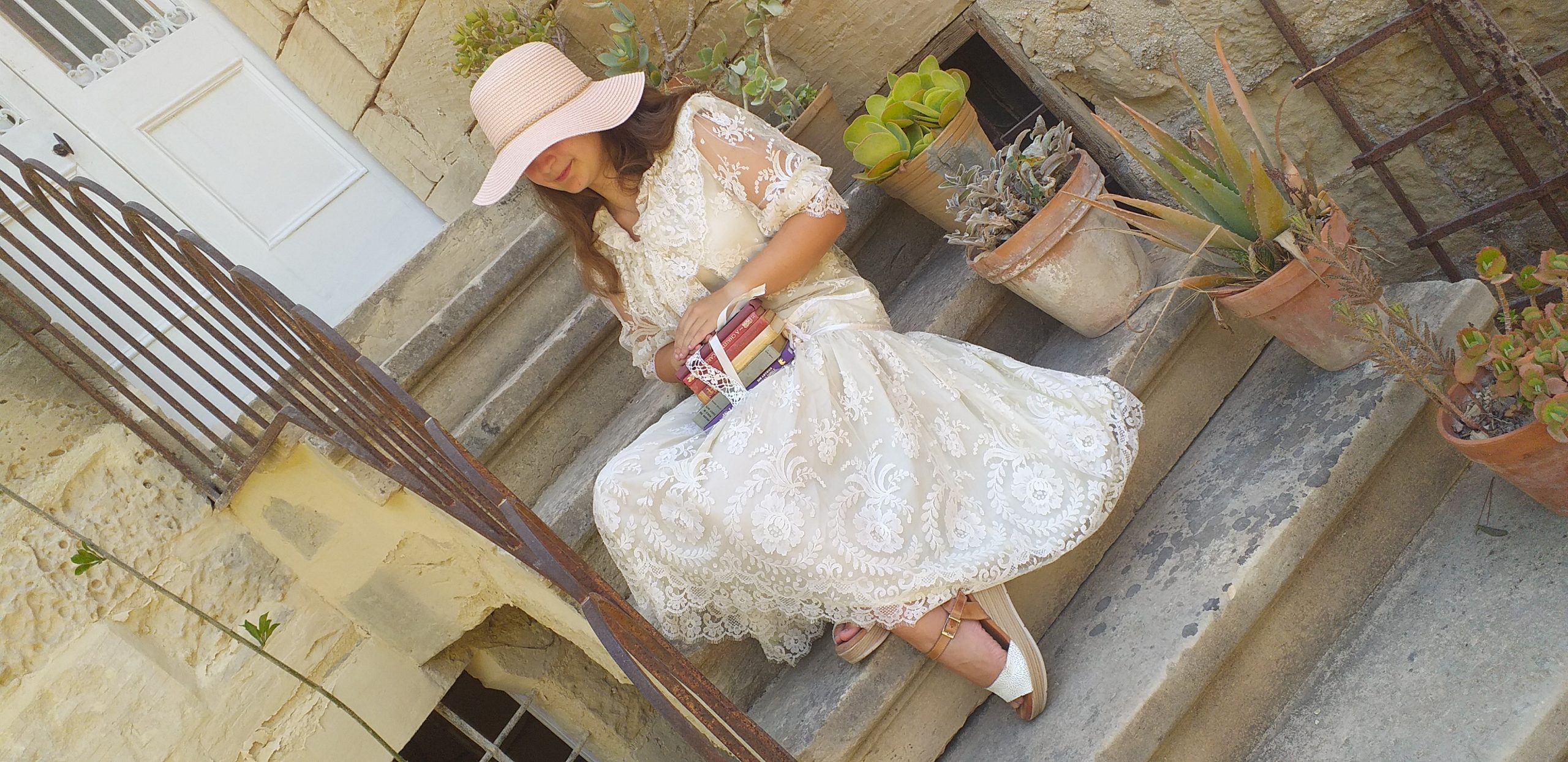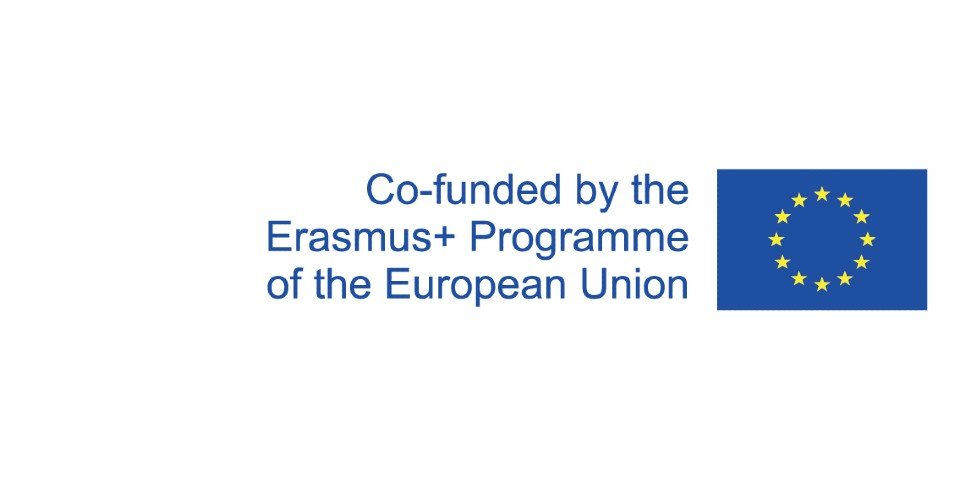
Hello!!!
In this section we are going to explore different study methods. We are different learners (SCROLL DOWN to discover what type of learner you are), so not all study methods work for each one of us. However, here is a choice for you to try out and make your own.
Hope you enjoy browsing through this section as much as we enjoyed filling it up! To start off this section here are some study strategies for students with dyslexia which are actually helpful for all students !
Here are some top tips and hints to introduce you to planning ahead and developing skills to study more efficiently. These helpful resources have been sourced from the website of St. Joseph Senior School, Sliema together with valid contributions from Lois MacCullagh and Yanica Camilleri.
SCROLL DOWN for many more tips and description of the different types of learners! Can you identify what type of learner you are? What works best for you while you are learning in and out of school? This page might help you out!
Finally here are more strategies according to the type of learner you are! Read on!!
If you are a visual learner, you …..
- Prefer sitting at the front of the classroom to avoid visual obstructions (e.g. people’s heads).
- Have a strong sense of color
- Follow written directions well
- Process what you hear slowly
- “Translate” word messages into pictures or images
- Closely watch a speaker’s body language and facial expression.
- Get very distracted by noise or people talking in the background
- Use mental pictures to remember things
- Use visual representations to understand ideas, e.g. graphs, organizers, pictures, slides, videos, diagrams, demonstrations, overheads, flip charts, handouts etc.
- Know something by seeing it.
- Conjure up the image of a form by seeing it in your “mind’s eye”
- Have a vivid imagination
- Often stare, need something to watch
- Not talk at length
- Become impatient or lose focus when extensive listening is required
- Prefer the visual arts and media
- Often prefer to take notes or draw pictures to absorb information.
- Like to write on the blackboard
- Remember quickly and easily what is read
- Learn better after seeing or writing something
- Get called a “bookworm”
- Grasp important concepts on first reading of material
- Love to read books, journals, magazines
- Perform hands-on tasks well.
- Read well from picture clues
If you are an auditory learner you prefer ….
- Joining a study group of having a “study-buddy” with whom to exchange verbal communication with.
- Repeating information out-loud.
- Tape-recording information.
- Using Audio tapes (even for “reading” a book).
- Restating problems in own words (preferably out-loud).
- Writing out and then repeating information.
If you are a tactile or kinesthetic learner you prefer…. or ….
- a “hands-on” approach to learning. You learn best by doing, by being directly or emotionally involved in their learning. You process information as your body moves. Because the entire body is involved, so you take longer to process information and that is OK 🙂
- Involve the sense of touch in learning
- Like to do artwork
- Like to piece things together
- Like to doodle
- Like to trace words and pictures
- Succeed with tasks requiring manipulation
- Like to chew gum while studying
- Often fidget or finds reasons to move
- Have a hard time paying attention to visual or auditory presentations
- Want to be “doing” something
- Try things out
- Talk with your hands
- Get accused of being a poor listener
- Have a hard time being still when music is playing
- Learn better when able to move during learning
- Like to move hands (doodling, tapping) while learning
- Use movement to help concentrate
- Like to take frequent study breaks
- Like to work standing up
- Use bright colors to highlight reading material
- Like to listen to music while studying.
- Like to skim through reading material to get a rough idea what it is about before settling down to read it in detail
- Have good fine and gross motor skills



